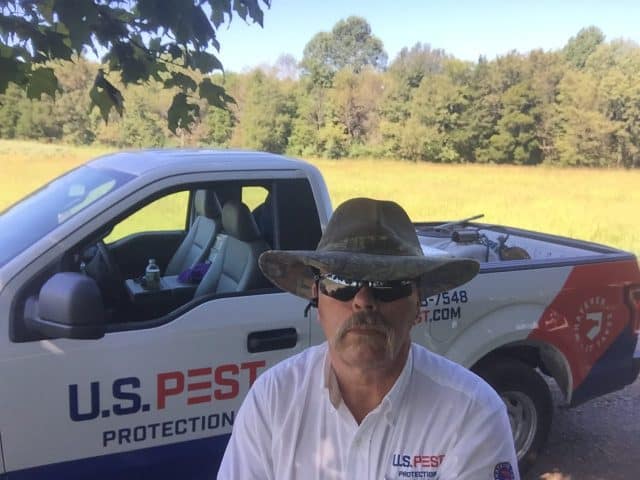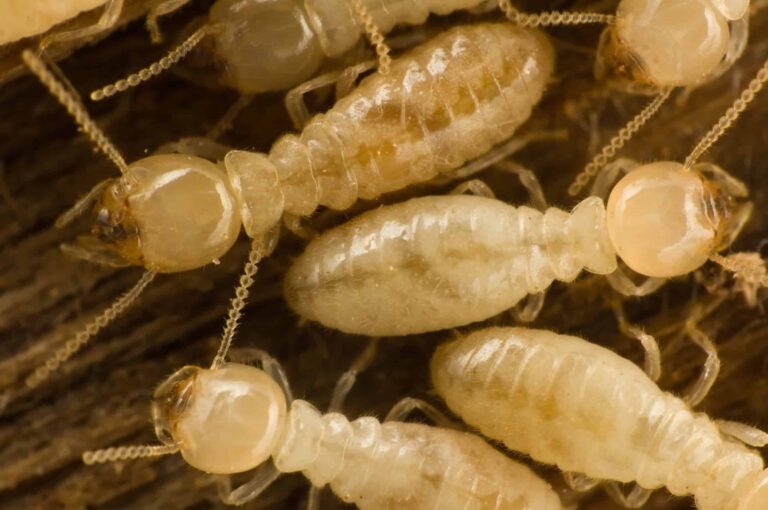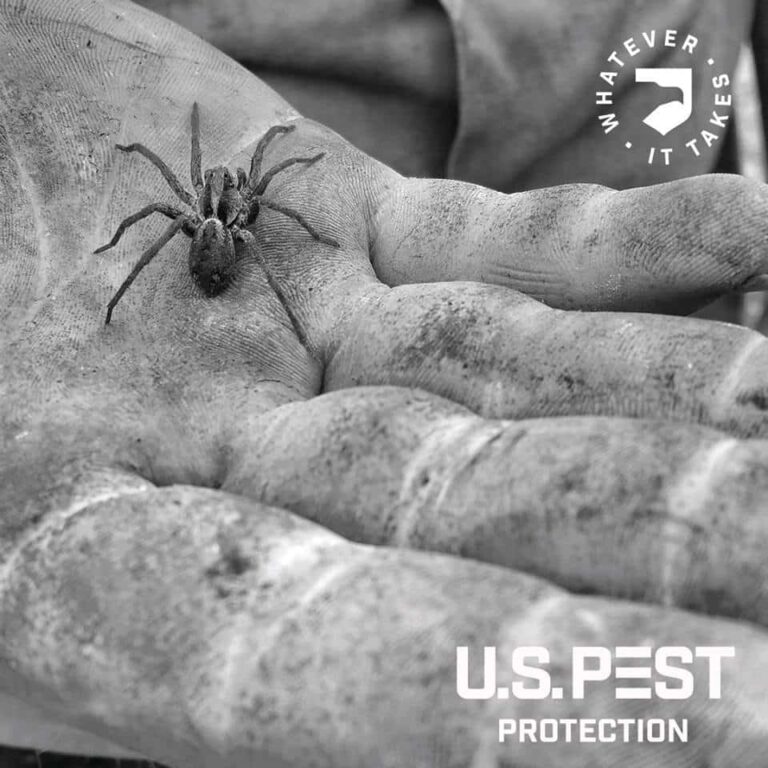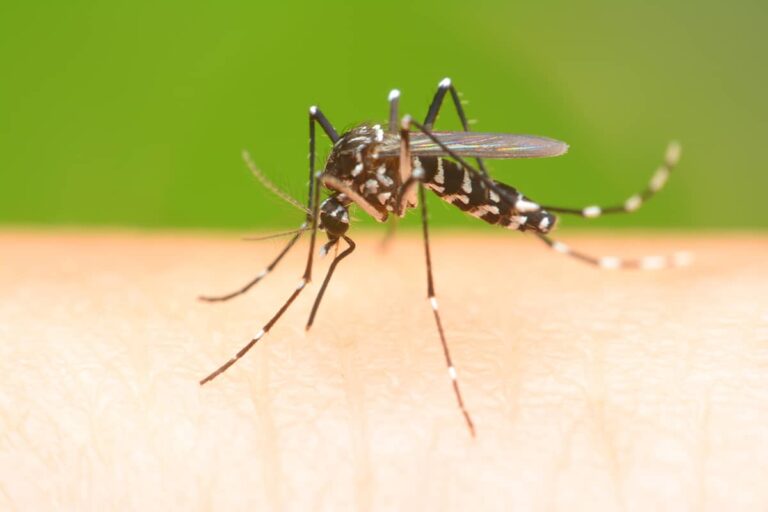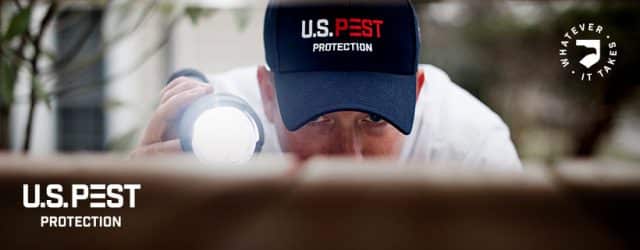How to Identify a Mouse Infestation
Mice are amongst the most common household pests in Middle Tennessee. The average lifespan of a mouse is only a year or so, but these intelligent creatures can be the source of a ton of problems in their small lifetime. Learning what diseases and damage, mice can cause and how to avoid both are key to minimizing rodent issues in Nashville. Keep your home mice-free with U.S. Pest Protection.
A single mouse has the ability to carry a number of diseases, including some serious diseases that are easily transmissible to humans and pets. Rodents have the ability to spread a plethora of diseases in your home and business. Know the facts about mice to keep your Nashville home safe and sound this upcoming winter season.
Can mice cause allergies?
Research released in the late 1990s has shown that urine from the common house mouse contains an allergen that can be a significant cause of asthma related symptoms in those with compromised immune systems. Considering that mice urinate in microdroplets whenever and wherever they feel like doing so this is a major health risk to anyone and everyone exposed. Spare yourself of the symptoms created by mice by sealing off all points of entry to both your attic and crawlspace as soon as possible.
Bubonic Plague
The bubonic plague is a disease that affects both humans and other mammals by attacking the lymph nodes. Yersinia pestis, the bacteria that causes plague, is transmitted through rodents and fleas. Humans and animals can become infected by flea bites, contact with contaminated fluid, or infectious droplets.
The United States has not had an outbreak of mouse-associated plague since the 1920s, but some more rural areas of the country are still at risk due to the environment.
Bubonic plague symptoms:
- Fever
- Chills
- Headaches
- Weakness
- Swollen lymph nodes
Rickettsia Disease
Rickettsia are a special type of bacteria that are parasitic of the cells of vertebrates and arthropods, such as murine typhus, scrub typhus, and rickettsialpox. Most infections are spread through tick bites, mites, fleas, or lice. The bacteria cannot survive on its own and requires a host organism to feed upon.
Food Poisoning
Mice are superb at helping spread salmonella. Because mice aren’t fickle about where they choose to urinate or defecate, they must constantly be considered a health threat, especially around commercial businesses in the Middle Tennessee area.
Salmonella can be transmitted directly from contaminated surfaces and cooking utensils to food. Mice can also transmit the bacteria on their bodies or through their feces from areas that have been contaminated. Finally, the disease is spread by consuming food and water that has been contaminated. Food poisoning can occur within hours of eating.
Hantaviruses
In layman’s terms, hantavirus pulmonary syndrome is an infectious disease that can quickly become life-threatening. It begins with flu-like symptoms and rapidly progresses to breathing issues.
Infection occurs primarily by breathing in air that has been infected with hantaviruses that have been shed in rodent excrement. This process is commonly referred to as airborne transmission. Anyone who comes into contact with mice that carry the virus is at risk for HPS.
Is there a mouse in my house?
Mice are a serious threat to your wellbeing. Get rid of mice right away with a pest control specialist like U.S. Pest Protection.
How To Know If You Have A Mouse In Your House
- If you see a few mouse droppings, you know you have a problem. Even if you never see a mouse, the droppings alone are a sure sign that mice are present. Left unchecked, a mouse problem will only get worse since mice breed very quickly.
- Unexplained holes or tears in cloth, clothing, insulation, fabric, and other materials. Mice use these materials to build their nests. If you notice shredded fabric or other materials, especially in dark corners and seldom used areas, chances are good that mice have taken up residence.
- Small holes in the bottom of desk drawers, kitchen cabinets and other pieces of furniture. These intelligent creatures will chew their way in by making small holes, then use their new homes to build nests and make more mice.
- Strange scratching noises in the walls, especially at night. Mice are nocturnal by nature, and you will rarely see them out in the daytime. If you have a mouse infestation, you may hear scratches and other strange noises as the animals move around in search of food and bedding materials.
It is important to act quickly before the infestation can take hold. Once one mouse discovers your home, others are sure to follow. The influx will continue until your home is inundated with these rodents.
Get Rid of the Mouse in Your House
While many people think of mice mainly as a nuisance, they are much more than that. First, mice can chew the shielding from electrical wires, creating a hidden fire hazard in your home or business. They can also destroy expensive furniture by building nests, and damage clothing by shredding it for bedding material. Most alarming, they can even spread disease to you and your family. The longer you ignore the problem, the more troublesome it could be to fix.
In the event that you suspect a problem with mice, it is best to call an experienced exterminator, like U.S. Pest. A pest control professional will be able to determine the true scope of the problem and make sure you have not missed any warning signs. You can try to fight the mice yourself by setting traps and putting out baits, but chances are you won’t be able to eradicate the entire colony. For every mouse you see, there could be dozens more just waiting to emerge from their nests and start the infestation all over again. The best way to deal with a mouse infestation as a homeowner is to make your home an unattractive place for those troublesome rodents to stay. If you’re ready to protect and rid your home of these rodents, schedule a free inspection with one of our knowledgeable pest technicians today.

